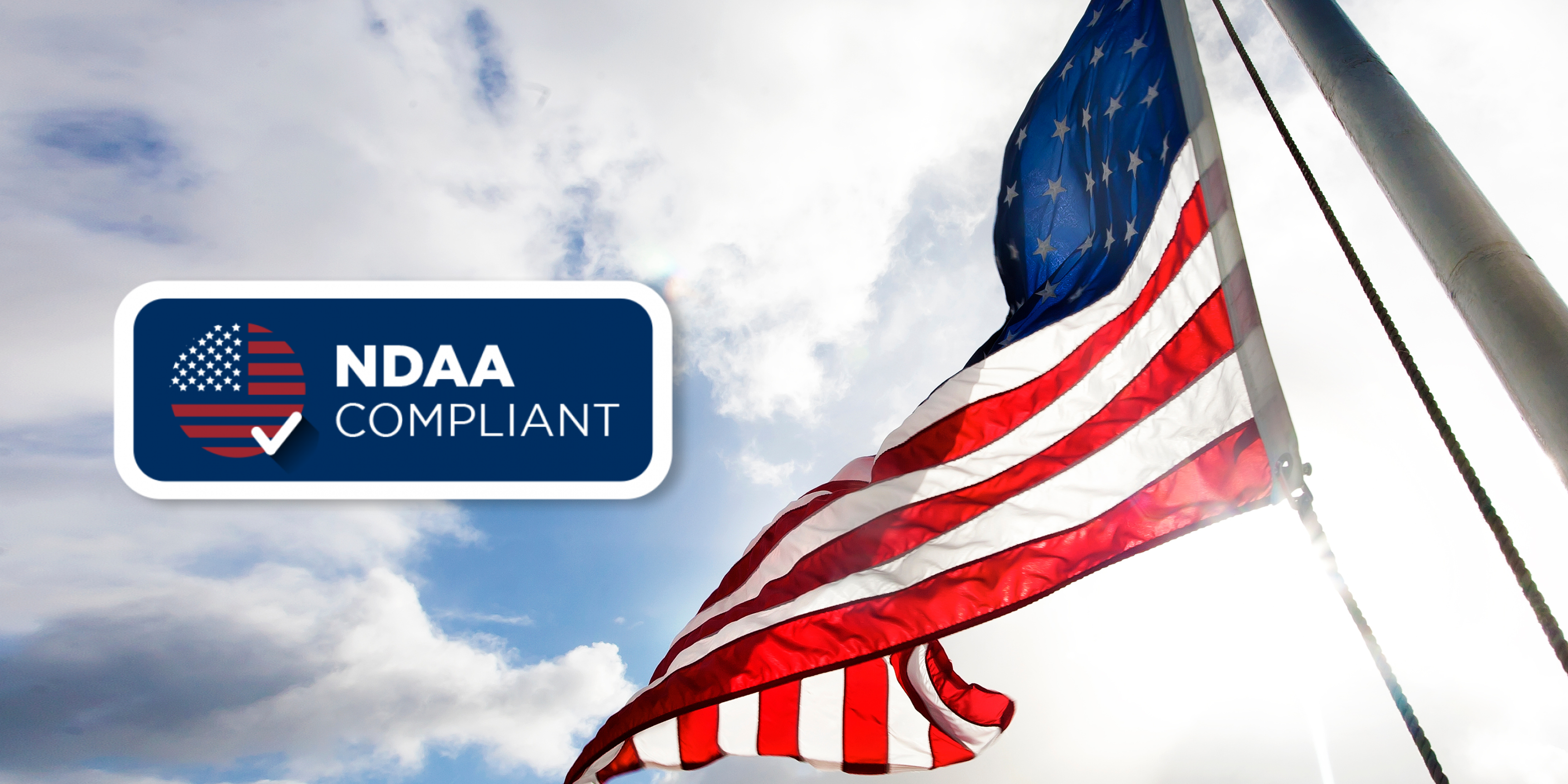NDAA Compliance: Why It Matters for All Americans

In today’s interconnected world, ensuring that the products and systems we rely on for security are not only effective but also aligned with national security interests has become increasingly important. For Americans, choosing a security system that complies with the National Defense Authorization Act (NDAA) is a critical step in safeguarding both personal and national security.
What is NDAA Compliance?
The National Defense Authorization Act (NDAA) is a United States federal law that specifies the annual budget and expenditures of the Department of Defense (DoD). While it primarily addresses military funding and defense-related issues, the NDAA also includes provisions that impact the private sector, particularly in the realm of technology and security systems.
One of the key aspects of NDAA compliance pertains to restrictions on the procurement and use of certain technology products, specifically those produced by or incorporating components from companies that are deemed to pose a risk to national security. This includes manufacturers from countries that are considered adversaries, such as China. The NDAA prohibits federal agencies—and by extension, businesses and individuals working with these agencies—from using security systems that incorporate banned components or technologies.
Why is NDAA Compliance Important?
- National Security: The primary reason NDAA compliance is crucial is that it helps protect against potential threats to national security. By prohibiting the use of equipment from certain manufacturers, the NDAA aims to prevent foreign adversaries from exploiting vulnerabilities in American security systems. This is particularly important for government agencies and contractors, but it also extends to private citizens and businesses who want to ensure that their security systems are not compromised by foreign actors.
- Data Protection: Security systems, particularly those involving surveillance cameras and networked devices, collect and transmit large amounts of data. If this data is intercepted or accessed by unauthorized parties, it could lead to serious privacy breaches or even espionage. NDAA-compliant systems are vetted to ensure that they do not include components that could be exploited to compromise data security.
- Compliance with Regulations: For businesses, especially those that work with government contracts, using NDAA-compliant security systems is not just a best practice—it’s a legal requirement. Non-compliance can result in the loss of contracts, legal penalties, and damage to a company’s reputation. Even for businesses that do not work directly with the government, using compliant systems can provide peace of mind and demonstrate a commitment to high security standards.
- Quality Assurance: NDAA compliance often goes hand-in-hand with higher quality standards. Manufacturers who produce NDAA-compliant equipment typically adhere to stringent quality control processes to ensure that their products meet the necessary regulations. By choosing NDAA-compliant systems, consumers can feel confident that they are investing in reliable, well-vetted technology.
Choosing NDAA-Compliant Security Systems
At SurveillanceShark.com, you can shop with confidence knowing that products marked NDAA-compliant are certified compliant. We believe in empowering our customers with reliable security systems that get the job done not just for today, but also serve them well into in the future.
Conclusion
In a world where security threats are constantly evolving, NDAA compliance offers a crucial layer of protection for Americans. Whether you’re securing a government facility, a business, or your home, choosing NDAA-compliant security systems is an important step in safeguarding both your personal security and the broader national interest. By prioritizing compliance, you are not only protecting your own assets but also contributing to the collective security of the nation.
